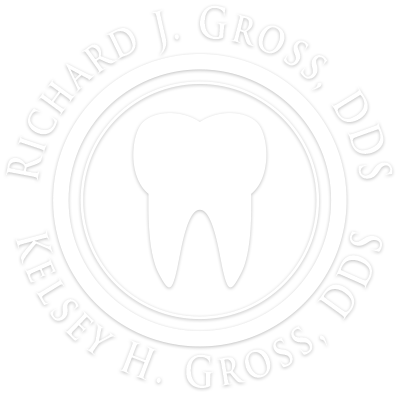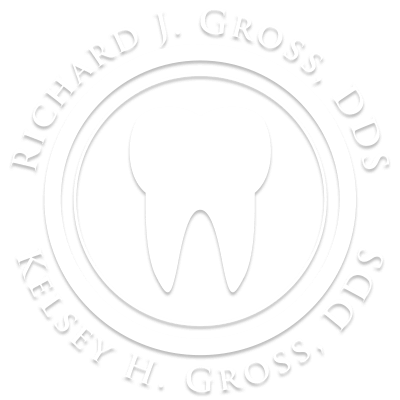TMJ and Occlusal (Bite) Analysis
The way your upper and lower teeth come together into your bite is referred to as occlusion. When you bite down all the way, your jaw joint also enters a specific position in your skull. If you have an uneven bite, misaligned teeth, missing teeth, or if you clench or grind your teeth, you are effecting and changing the position of your jaw joints. This can cause a strain of the jaw muscles and can eventually lead to headaches and temporomandibular joint disease (TMJ disease). Some signs of occlusal disease include worn or chipped teeth, tooth sensitivity, frequently breaking teeth, loose teeth, pain in the jaw joints, sore jaw muscles, headaches, and sore teeth.
Often the first line of treatment for occlusal disease is a biteplane or a nightguard. A biteplane or nightguard is a hard acrylic splint that fits over the top or bottom teeth, and is removable similar to an orthodontic retainer. The appliance is typically worn at night to hold the bite in a specific therapeutic position. The hard acrylic protects opposing teeth from wearing down during sleep and also holds the jaw joints in an ideal position.
A bite evaluation will also be preformed on your teeth to evaluate if you will need an occlusal adjustment. We use a computerized bite analyzing device call a Tek-Scan (T-scan) to see how your teeth come together when you bite, and where the uneven bite is coming from. We then use this digital information to adjust your bite into the most ideal and comfortable position. If you or a family member has worn or chipped teeth, jaw pain and soreness, or if your bite feels uneven, do not hesitate to give our office a call for more information on occlusion and bite analysis. We offer many solutions that can alleviate your pain and help you return to a natural, healthy smile.

 Make an Appointment
Make an Appointment

